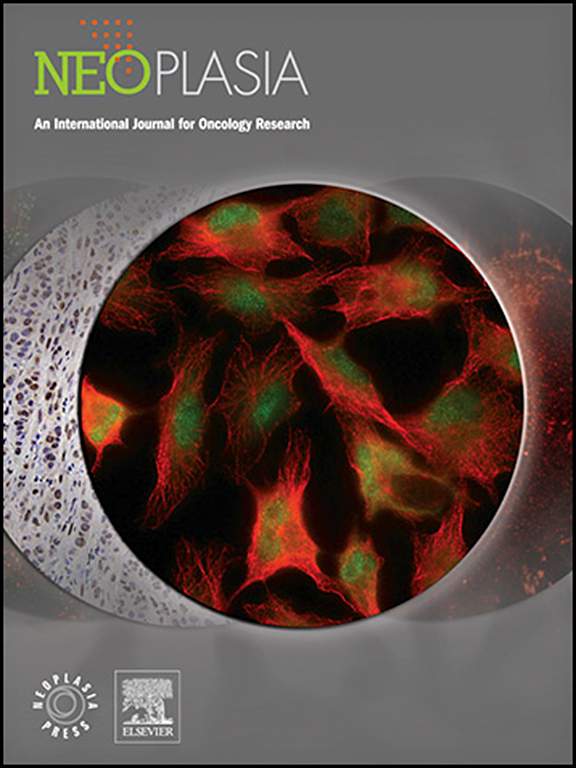Rezatapopt: A promising small-molecule “refolder” specific for TP53Y220C mutant tumors
IF 7.7
2区 医学
Q1 Biochemistry, Genetics and Molecular Biology
引用次数: 0
Abstract
Inactivation of p53 due to mutation is observed in approximately half of all human cancer cases, therefore, restoration of the tumor suppressor function of oncogenic p53 mutants represents an attractive and rational therapeutic approach. Currently, multiple mutant p53 reactivators have been developed, but only a handful have entered clinical trials [1]. PC14586 (rezatapopt) is an orally available small-molecule reactivator of the Y220C-mutant p53 protein that showed preliminary efficacy and a favorable safety profile in a phase I clinical trial [2] and is now undergoing evaluation in a phase II clinical trial in patients with advanced solid tumors harboring the TP53Y220C mutation (NCT04585750). Although rezatapopt and other p53 mutant reactivators are under clinical assessment, there are still many knowledge gaps that need to be filled to unleash their full therapeutic potential.
The preclinical data presented in a recently published research article by Puzio-Kuter et al. achieve to enhance our understanding of the mechanisms and effects of p53-Y220C reactivator compounds and underscore the potential of targeting p53 mutants in cancer therapy [3]. Through this spotlight article, we aim to summarize the findings and emphasize the clinical implications of the study by Puzio-Kutler et al.
Rezatapopt:一种有前途的针对TP53Y220C突变肿瘤的小分子“重文件夹”
在大约一半的人类癌症病例中观察到p53因突变而失活,因此,恢复致癌p53突变体的肿瘤抑制功能代表了一种有吸引力和合理的治疗方法。目前,已经开发了多种突变型p53再激活剂,但只有少数进入了临床试验。PC14586 (rezatapopt)是一种口服的y220c突变型p53蛋白的小分子再激活剂,在I期临床试验b[2]中显示出初步疗效和良好的安全性,目前正在针对携带TP53Y220C突变(NCT04585750)的晚期实体瘤患者进行II期临床试验评估。尽管rezatapopt和其他p53突变再激活剂正在临床评估中,但仍有许多知识空白需要填补,以释放其全部治疗潜力。Puzio-Kuter等人最近发表的一篇研究文章中提供的临床前数据增强了我们对p53- y220c再激活物化合物的机制和作用的理解,并强调了靶向p53突变体在癌症治疗中的潜力。通过这篇重点文章,我们旨在总结研究结果并强调Puzio-Kutler等人的研究的临床意义。
本文章由计算机程序翻译,如有差异,请以英文原文为准。
求助全文
约1分钟内获得全文
求助全文
来源期刊

Neoplasia
医学-肿瘤学
CiteScore
9.20
自引率
2.10%
发文量
82
审稿时长
26 days
期刊介绍:
Neoplasia publishes the results of novel investigations in all areas of oncology research. The title Neoplasia was chosen to convey the journal’s breadth, which encompasses the traditional disciplines of cancer research as well as emerging fields and interdisciplinary investigations. Neoplasia is interested in studies describing new molecular and genetic findings relating to the neoplastic phenotype and in laboratory and clinical studies demonstrating creative applications of advances in the basic sciences to risk assessment, prognostic indications, detection, diagnosis, and treatment. In addition to regular Research Reports, Neoplasia also publishes Reviews and Meeting Reports. Neoplasia is committed to ensuring a thorough, fair, and rapid review and publication schedule to further its mission of serving both the scientific and clinical communities by disseminating important data and ideas in cancer research.
 求助内容:
求助内容: 应助结果提醒方式:
应助结果提醒方式:


